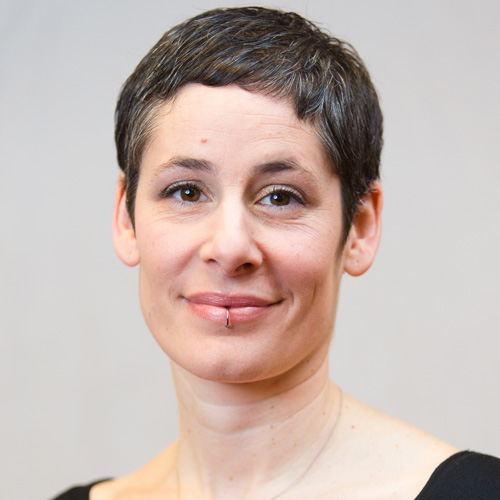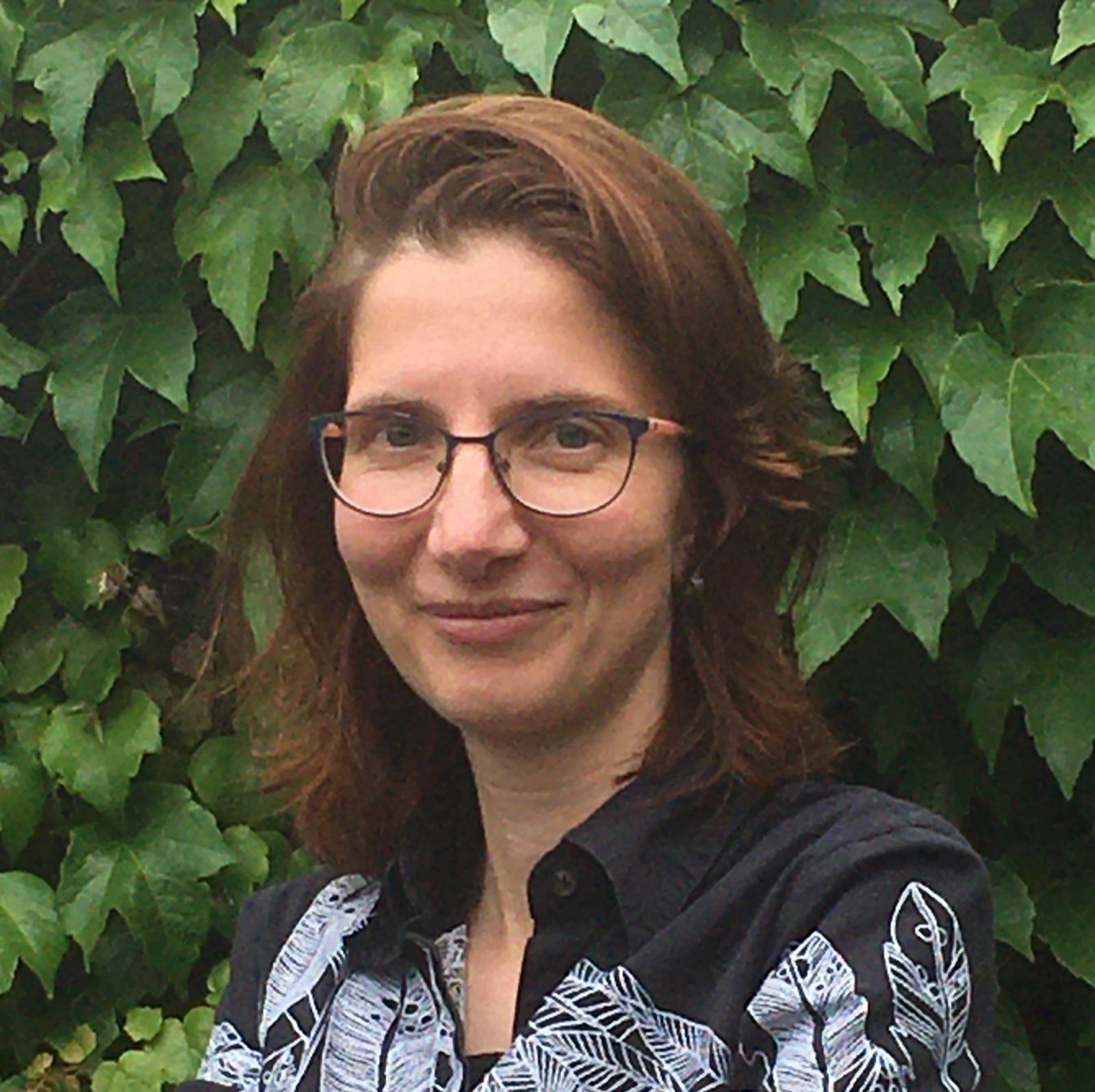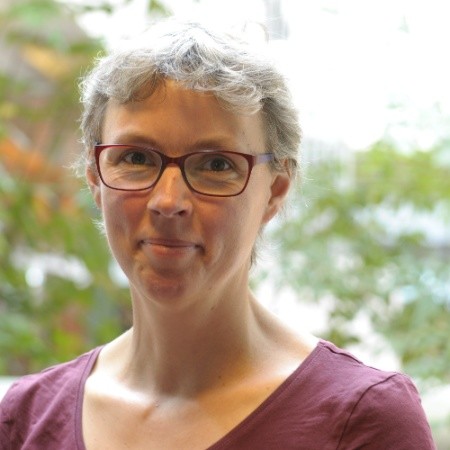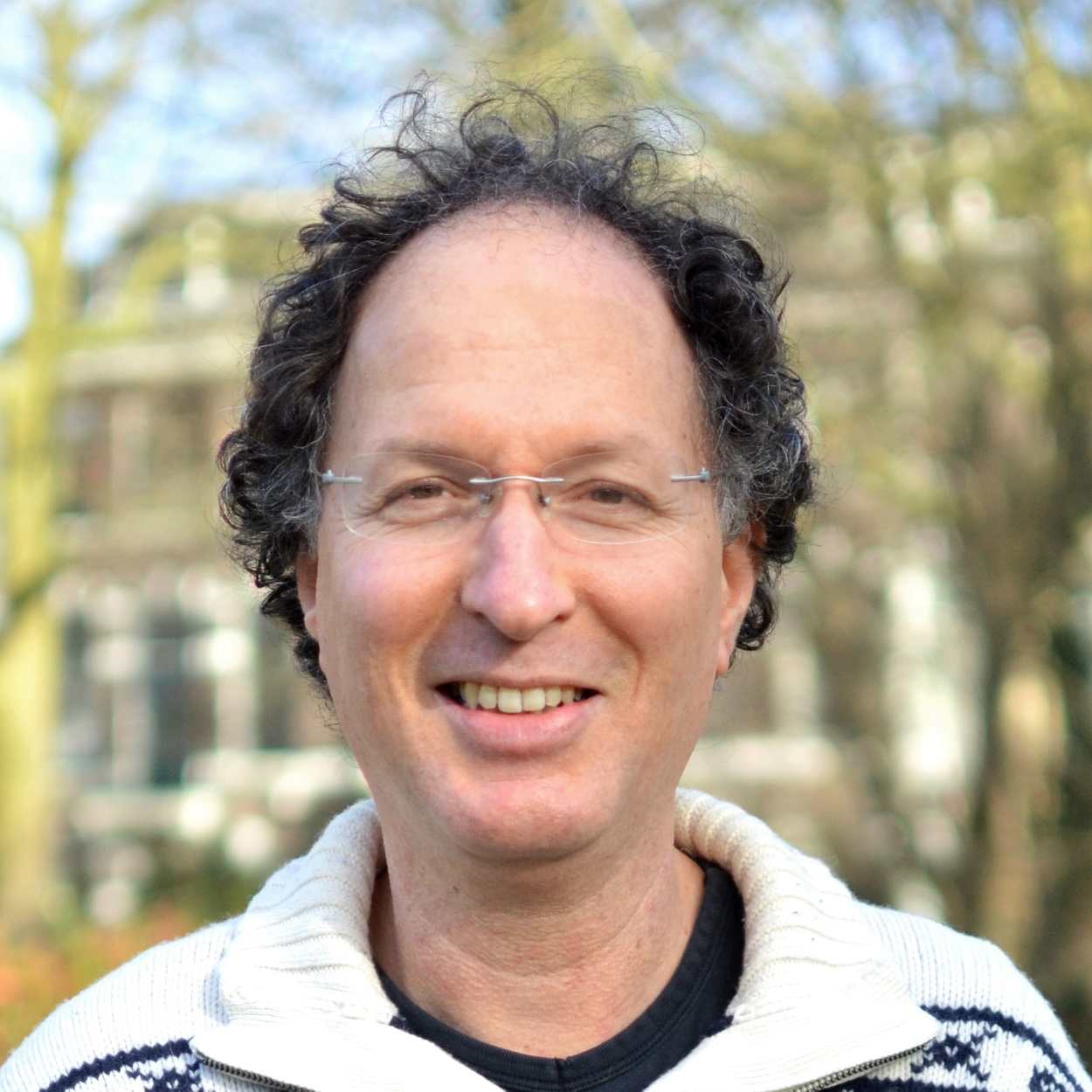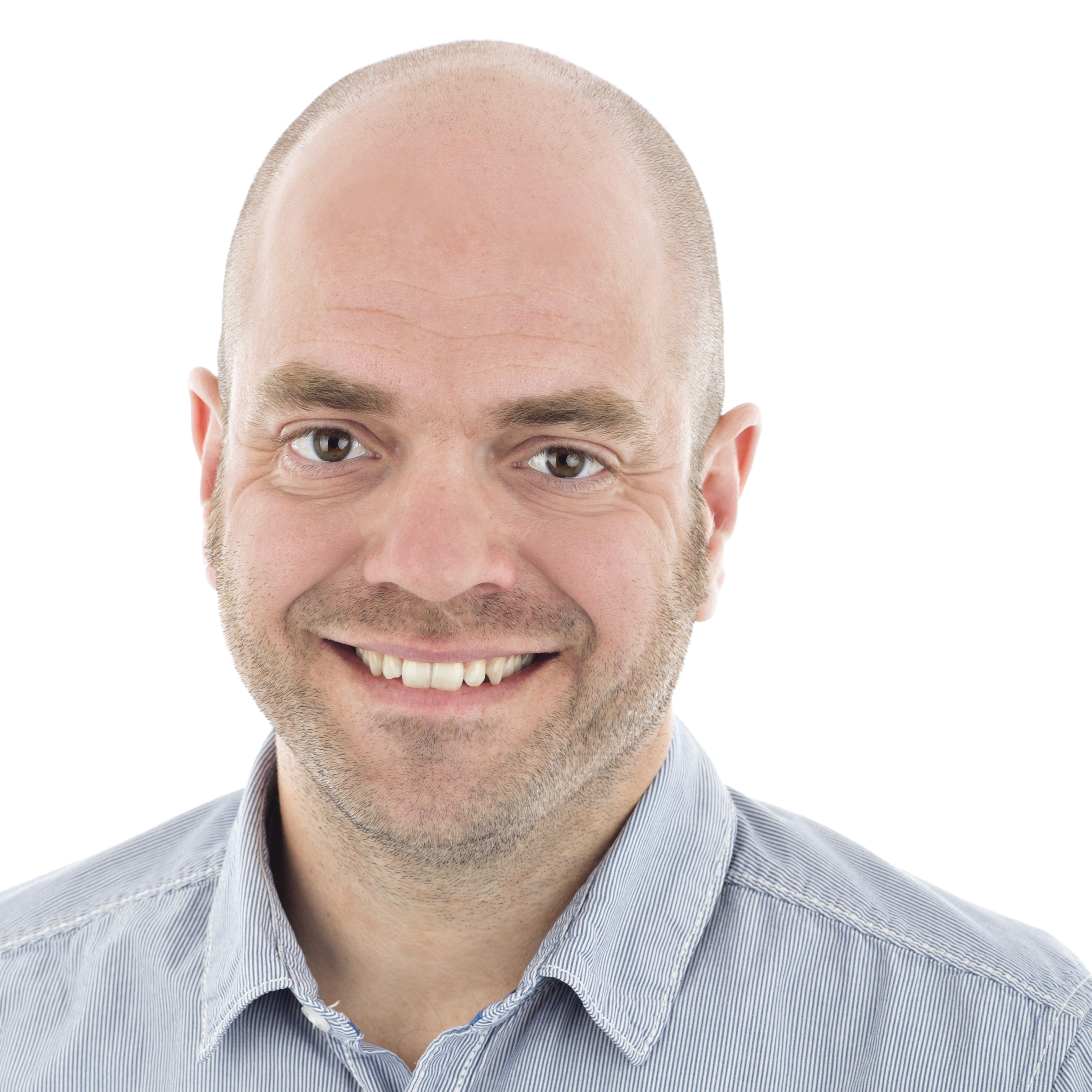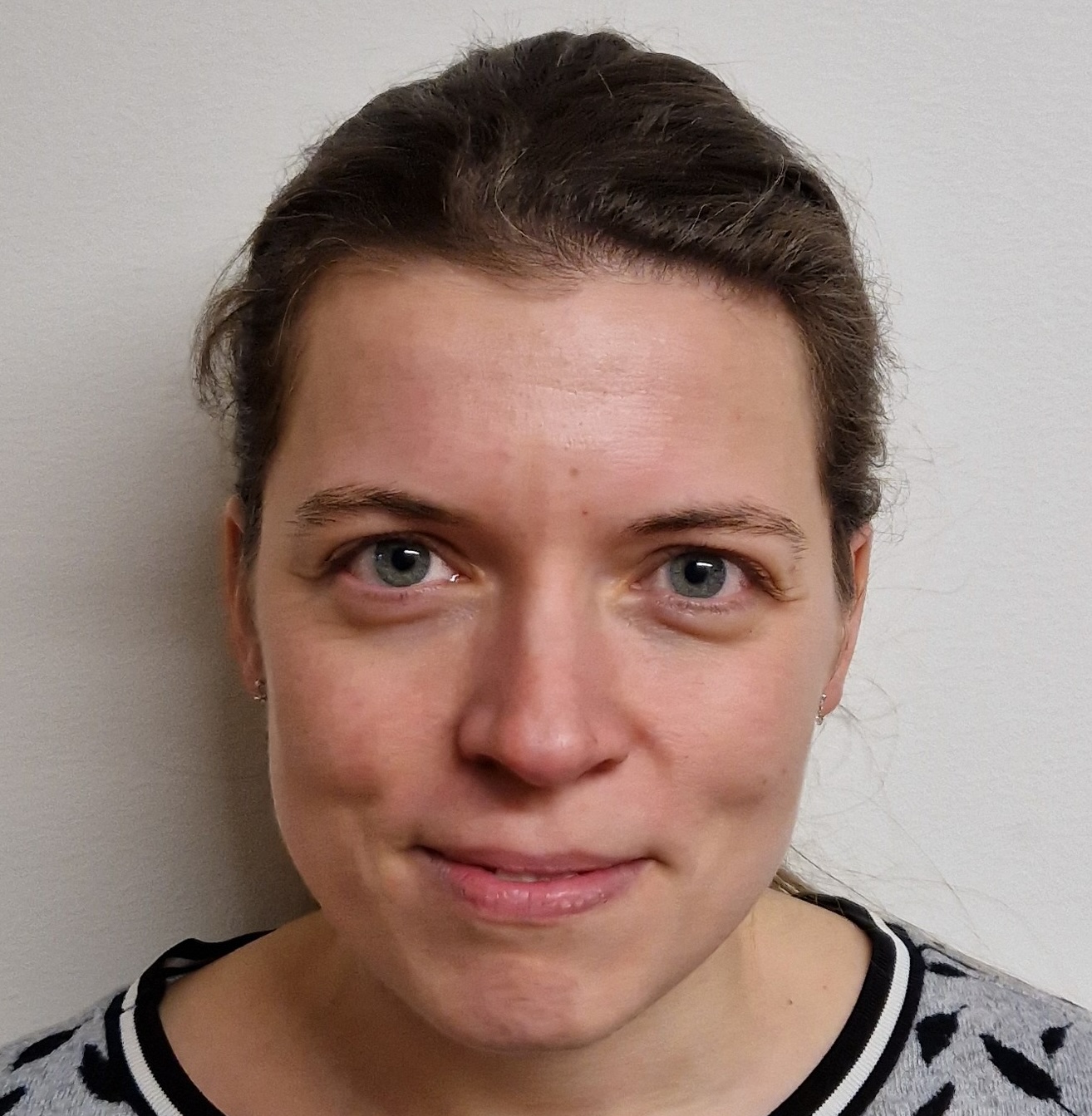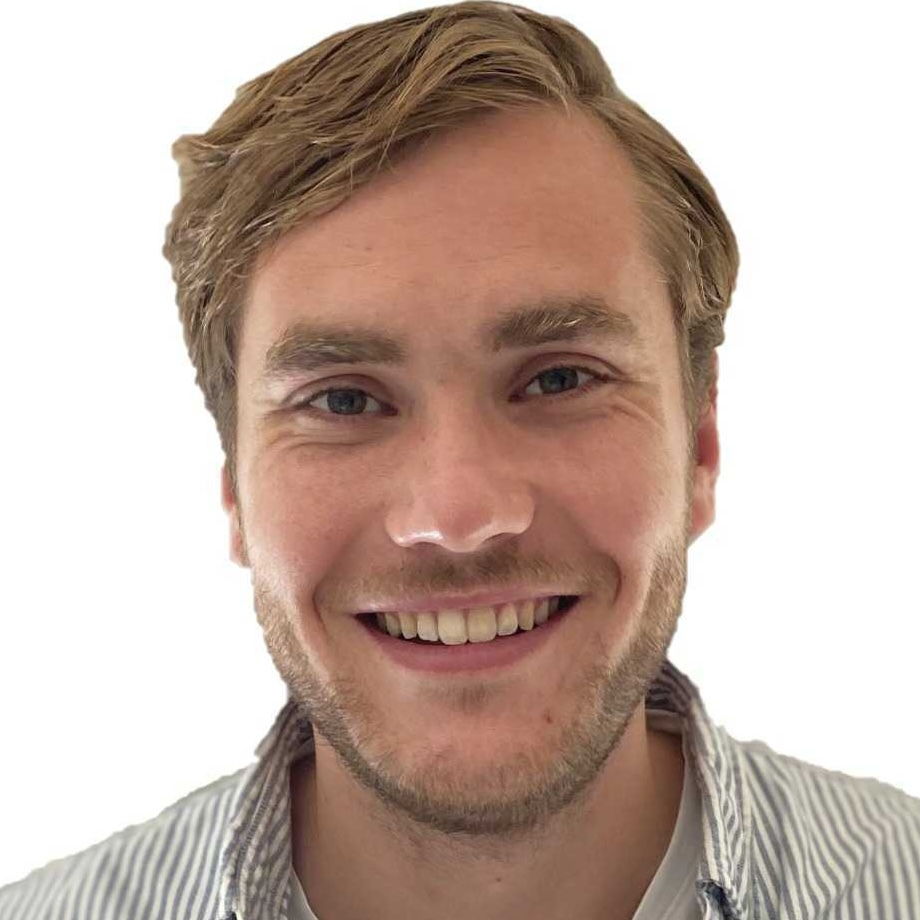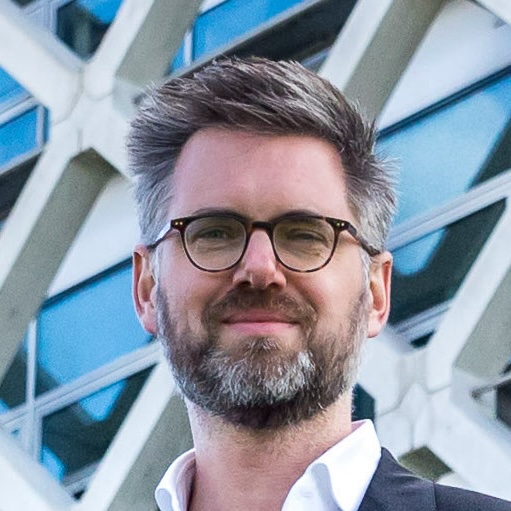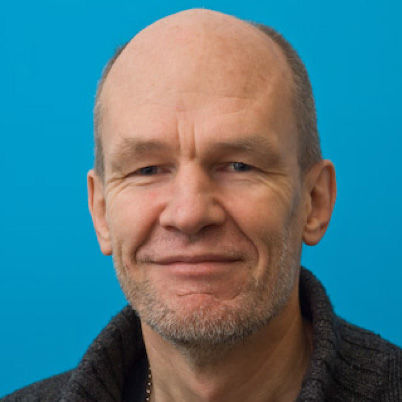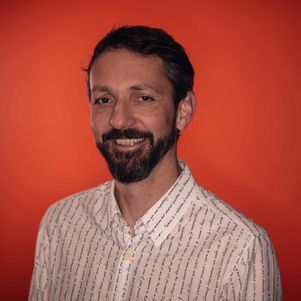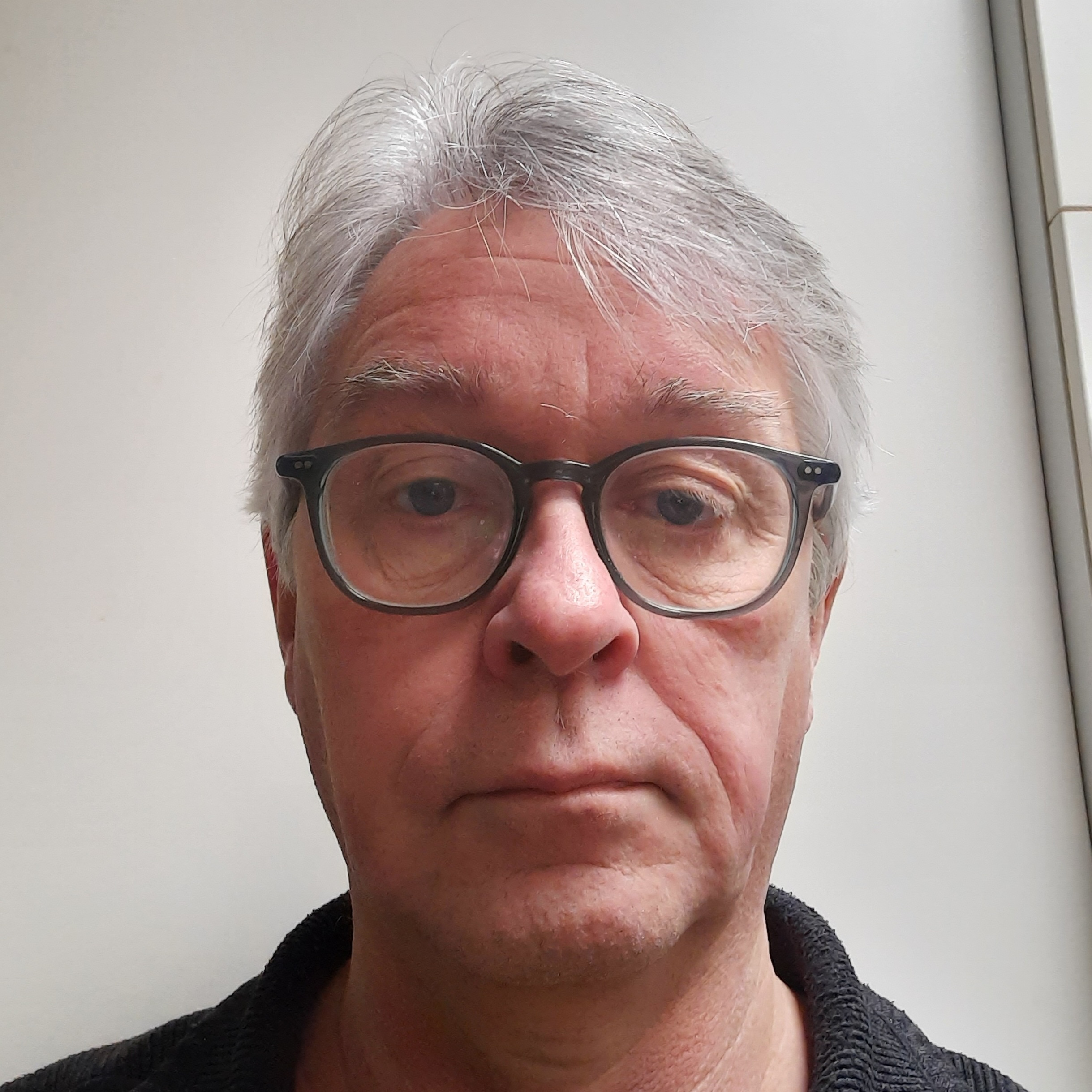Scientists for Future Netherlands
Coalition of concerned scientists


Who we are
S4F-NL was founded in the summer of 2019, having evolved from an initiative to support the Amsterdam Climate March in March 2019, inspired by several other initiatives in the Netherlands and abroad. S4F-NL consists of researchers, scientists, and academics who actively pursue a stronger response to the climate and ecological emergency.
Our approach is informed by science and academic scholarship from all disciplines. Addressing the climate and ecological emergency will require a wide diversity of approaches, knowledge, and experience; we actively welcome people from all disciplines and in all positions to join us.
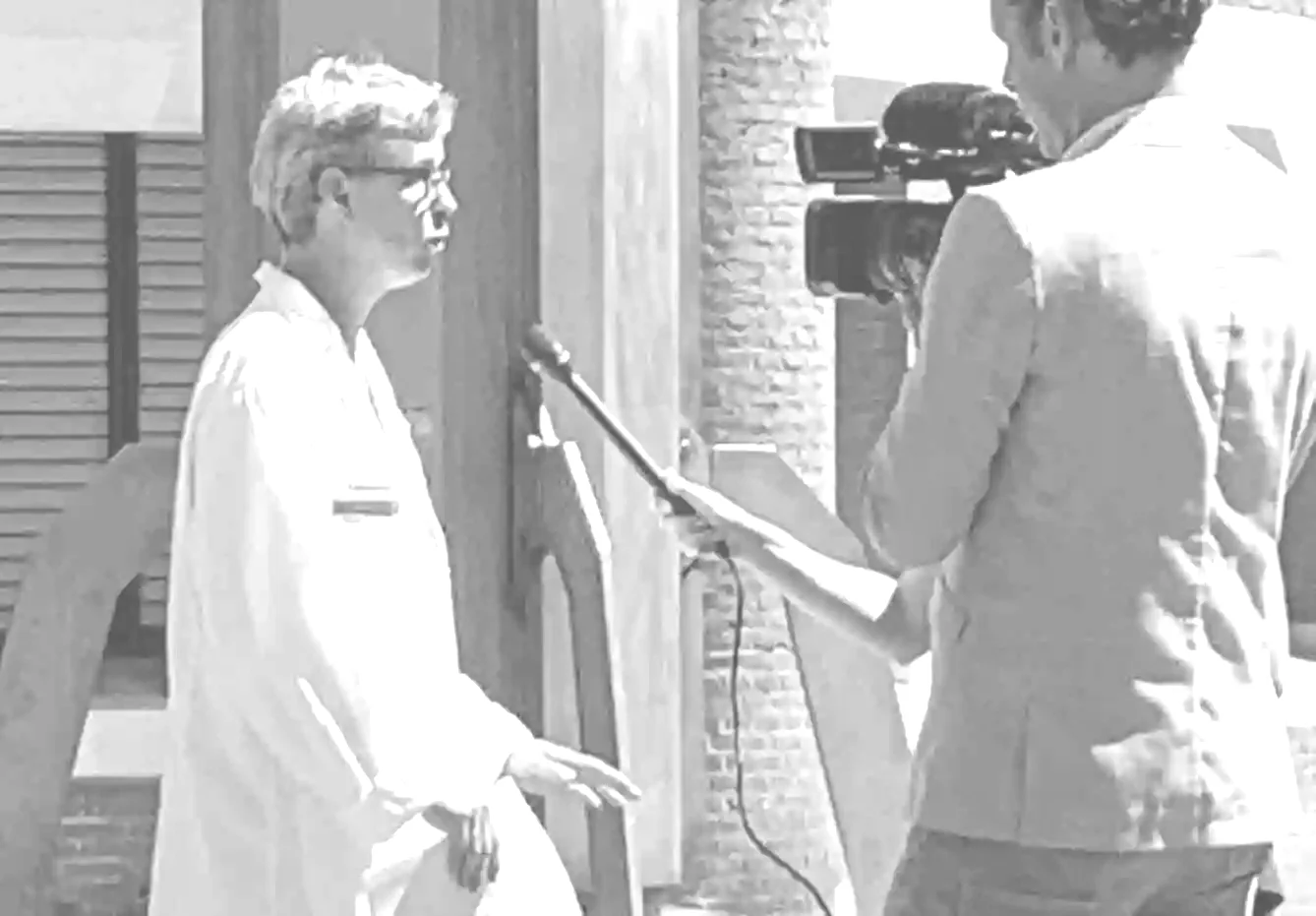
What we do
S4F-NL engages in proactive science communication. We explain and evaluate the needs and options for actions and policies to achieve climate, environmental, and sustainability goals, and actively advocate for sustainable climate solutions. S4F-NL informs and raises awareness at schools and universities, and engages with policymakers and other stakeholders via education, petitions, and lobbying. We use traditional and digital media and participate in panel discussions and public events.
Researchers, scientists, and academics in S4F-NL take their responsibility seriously to contribute to a healthy planet for present and future generations. We support and actively promote non-violent actions, and take part in peaceful demonstrations, strikes, and protests.

How we work
S4F-NL is a decentralised, self-organising grassroots movement. We provide a network for exchanges, from which member-based initiatives emerge. S4F-NL works in local groups, as well as in project groups (e.g., education, divestment, social media).
Participation is open to all researchers, scientists, and academics who are committed to the objectives of our Charter.
Our operational structure is defined in the Community Principles.
Climate Stripes
The logo for Scientists for Future, known as the 'Warming Stripes', or 'Climate Stripes' was created by Professor Ed Hawkins and is featured on the cover of Greta Thunberg's latest publication, "The Climate Book." These Warming Stripes show a graph that shifts from blue to red, representing how global temperatures have shifted across centuries, with a dramatic spike in recent years. Each stripe matches a specific data point, from the years 1850 to 2021, and the rightmost stripe reflects the present time.
Professor Hawkins sums it up: “The warming stripes show the stark reality of how quickly the planet has heated over the past few decades, combining billions of scientific measurements into one striking image. The stripes do not show our future, which is still entirely in our hands – the faster we act the smaller the climate consequences will be.” These stripes are now portrayed on professional football team jerseys, the United Nations COP26 Climate Change Conference, and stand as the logo for Scientists for Future.
For more insights, check out the Show your Stripes website.

More in this section
Consensus statement
In 2019, 50 scientists from across the Netherlands contributed to the composition of a consensus statement underlining the concerns of Fridays For Future, in light of the global climate strike that they organised. The aim of this statement was to communicate the scientific consensus about climate change with the public. It was also the launch of a platform, Scientists For Future NL, that unites the scientific community concerned about human-induced climate change.
Read the full consensus statement with the list of signatories.
Some of our active members
